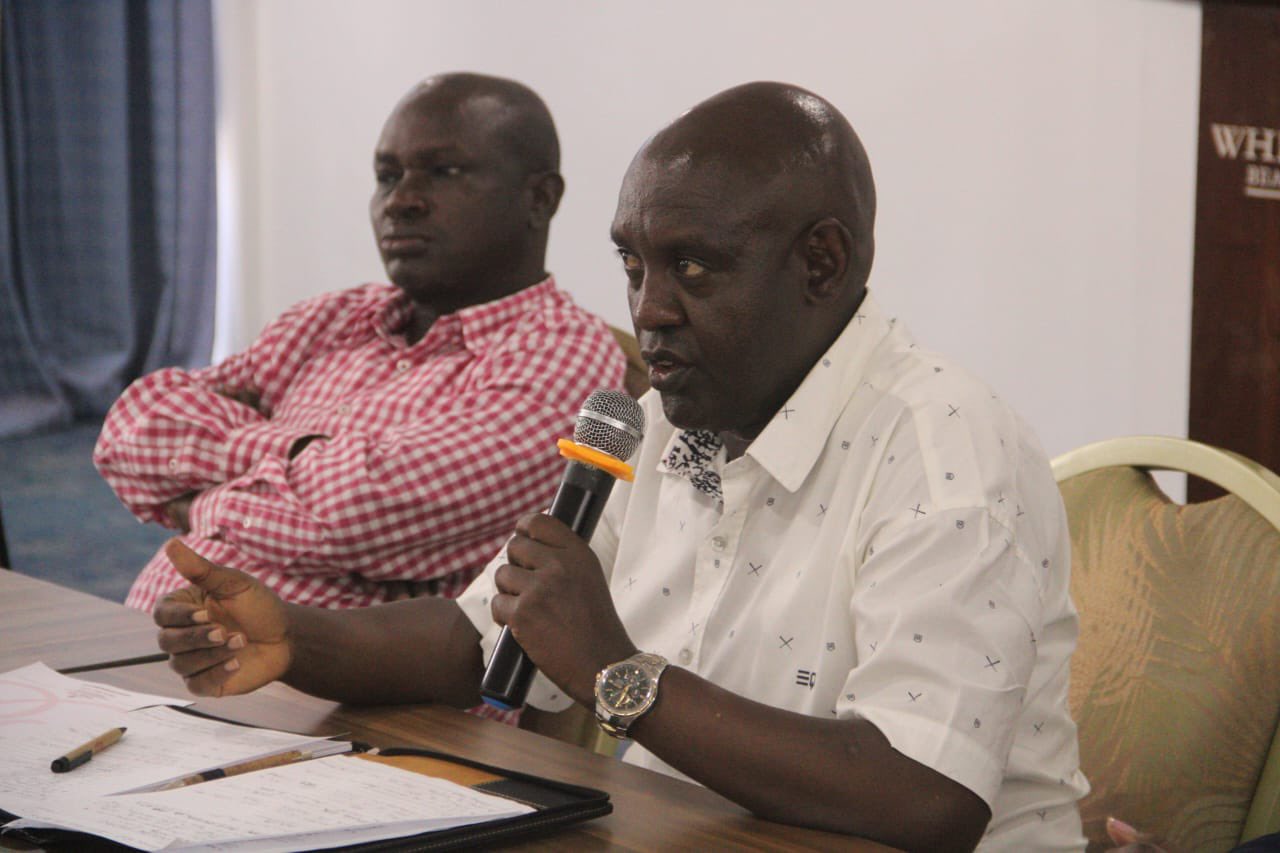
Tourism Ministry pushes back against VAT changes in Finance Bill » Capital News
NAIROBI, Kenya Jun 7 – Tourism Principal Secretary John Ololtuaa urged Members of Parliament to retain all existing Value Added Tax (VAT) exemptions applicable to the tourism sector as outlined in the VAT Act, Cap 476.
He made remarks on Friday when appeared before the National Assembly Finance and Planning Committee, which embarked on engagements with government agencies over the various provisions contained in the Bill which relate to the agencies.
Additionally, he noted that the exemptions provide an avenue for raising Kenya’s Standards for Quality and Safety retaining Kenya’s competitive edge in the region.
According to the Tourism PS, this would not only strengthen Kenya’s brand as a world-class tourism destination but also ensure that visitors enjoy high standards that encourage positive reviews and repeat travel.
The Finance Bill 2025 proposes to remove two major exemptions that have benefited the tourism sector under the VAT Act Cap 476.
The Tourism PS said the Ministry is seeking additional fiscal incentives targeted at green and sustainable tourism investments.
“This measure will ensure the sustained growth of a resilient, competitive, and inclusive tourism sector in Kenya,” Ololtuaa said.
On 30 April 2025, the National Treasury Cabinet Secretary John Mbadi presented the Finance Bill 2025 to the National Assembly, proposing amendments to various tax laws, including the Income Tax Act, VAT Act and Excise Duty Act, with expected implementation on 1 July 2025.
Once the Finance Bill, 2025 has been subjected to public participation, it will be tabled before the National Assembly for debate before it is signed into law by the end of June 2025.
The proposed changes include Paragraph 62 on ‘taxable goods for direct and exclusive use for the construction of tourism facilities, recreational parks of fifty acres or more, convention and conference facilities upon recommendation by the Cabinet Secretary responsible for matters relating to recreational parks.’
The provision is in Paragraph 91 on specially designed locally assembled motor vehicles for transportation of tourists, purchased before clearance through Customs by tour operators upon recommendation by the competent authority responsible for tourism promotion.
The provision is currently effected on vehicles that meet the following conditions—
(i) the vehicles shall at all times be registered and operated by a company that is licensed under the Tourism Vehicle Regime;
(ii) the vehicles shall be used exclusively for the transportation of tourists;
(iii) the vehicles shall have provisions for camping, rescue &first aid equipment,luggage compartments& communication fittings;
(iv) any other condition the Commissioner may impose provided that tax shall become payable upon change of use or disposal of the vehicle for other use.